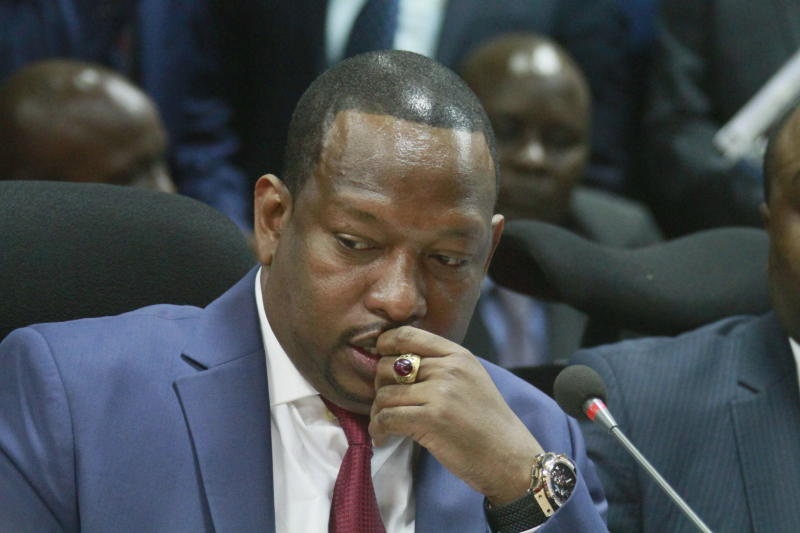×
The Standard e-Paper
Home To Bold Columnists

Private motorists, property owners and schools are among the biggest winners following the reduction of various fees levied by the Nairobi County government.
However, betting firms, taxi companies, and corporates were slapped with the heaviest fees under new taxation measures approved by the county assembly on Tuesday evening.